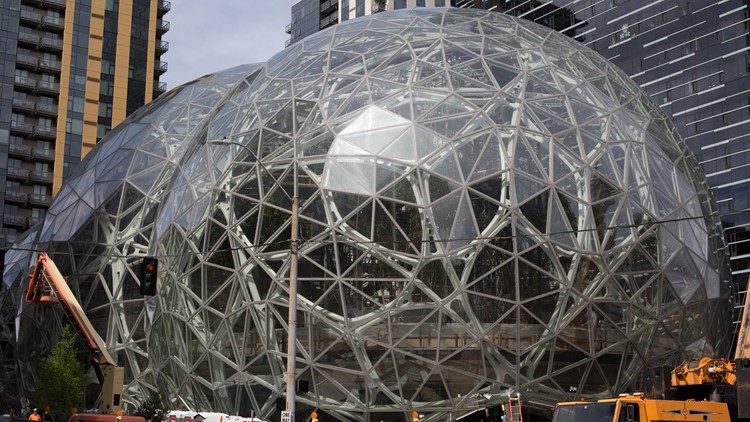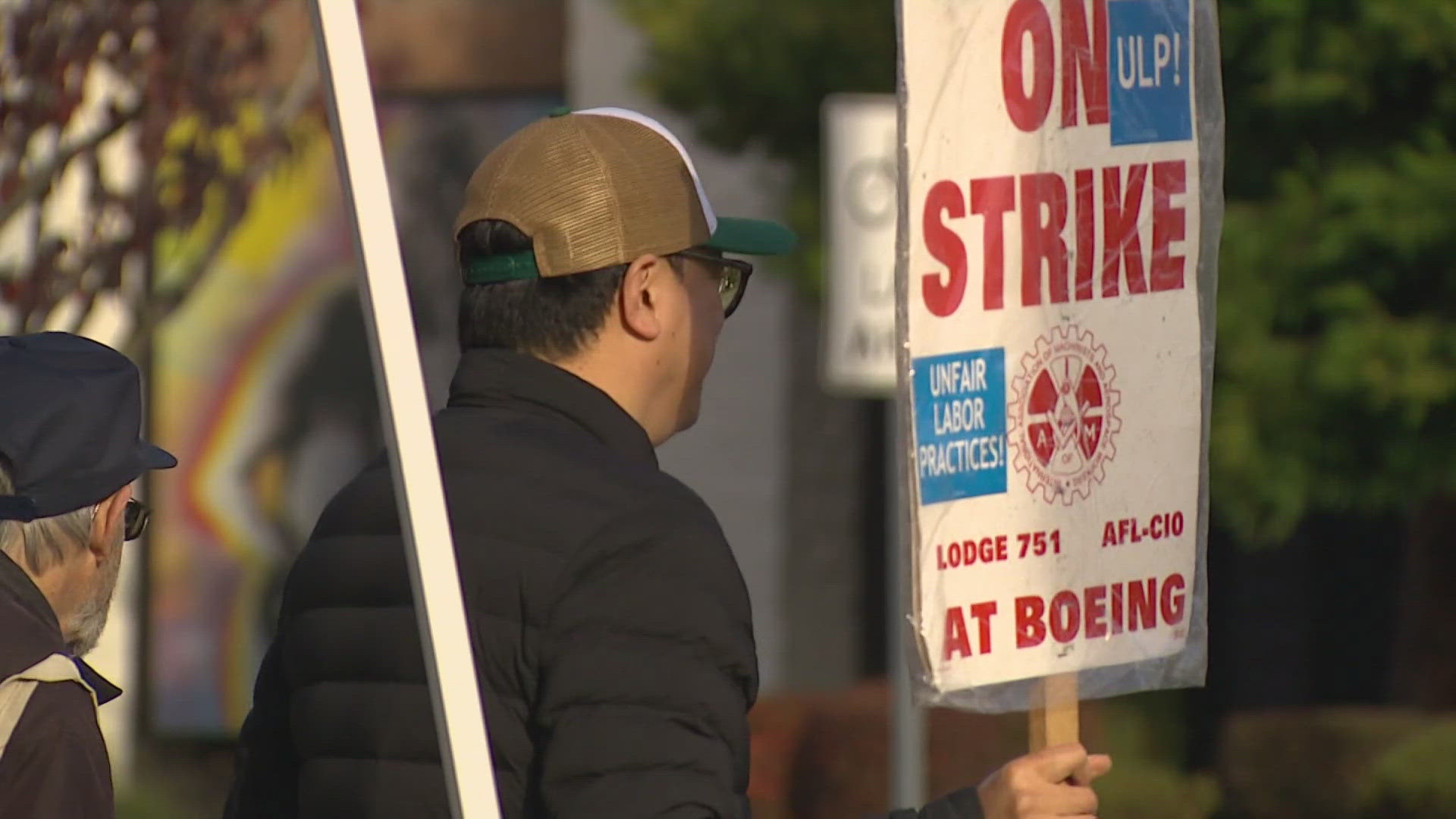Back before Amazon's second headquarters was split in two, there were some who believed the announcement would lead to a drastically different housing market in the Greater Seattle area.
The change may not be as extreme now that we know the company will be building campuses in two expensive locations on the East Coast while continuing to expand in Seattle in the near future.
"This growth and these high prices we've seen have really been a product of a lot of high-paying jobs and housing not keeping pace," said Alex Casey, a policy advisor on the economic research team at Zillow. "That shouldn't change any time soon. I don't really expect an exodus of high-paying jobs out of Seattle. There's an indication high-paying jobs will continue to arrive in this region."
When Amazon's HQ2 was thought of as a future Seattle equivalent, Redfin presented two scenarios: an extreme and less extreme. Under the first, assuming HQ2 overtook Seattle's headquarters and hiring essentially stopped in the company's hometown, it would result in about 4,500 Amazonians leaving Seattle per year. If those were homeowners, an estimated 375 new homes would be listed every month - a 34 percent jump.
In the less extreme scenario, Seattle would slow hiring and one in 20 Amazonians would leave for HQ2. If one out of every 20 sold their Seattle home, that would create 94 additional new listings every month. Even this scenario "has the potential to shift the balance of the Seattle housing market into buyers' favor by 2020," Redfin wrote.
But those scenarios may not come to fruition. Instead of building a second headquarters that would be "fully equal" to Seattle's campus, Amazon will create two additional campuses in Northern Virginia and Long Island City in New York. They will each start out as approximately 4 million square feet.
And it isn't cheap to live there.
New York and Virginia tax income and have capital-gains taxes. According to a recent report, New York was one of the worst when it comes to taxes.
The cost of living is also about 11 percent higher in Long Island City, Queens, than it is in Seattle, according to Nerdwallet. A median two-bedroom apartment costs just over $3,000 in Queens; while a similar apartment will run you less than $2,500 in Seattle. The cost to live in Arlington, Virginia is about the same as Seattle, if not slightly higher in some areas.
"By selecting New York and Washington, I just don't see that happening," said Casey. "I think that could mute some other effects of the HQ2, HQ 2.5, HQ3, whatever you want to call it."
Still, there is investor interest in the chosen cities. Redfin reports online views of homes currently for sale in Crystal City - Northern Virginia - and Long Island City "skyrocketed" after news broke that Amazon would split its second headquarters. Views of homes for sale in Long Island City were up 1,049 percent compared to a year ago, and views in Crystal City were up 217 percent.
One additional factor may give a glimpse into how much the housing market will change, at least in the short-term. While Amazon expands on the other side of the country, Seattle's campus will also continue to grow to a whopping 14 million square feet, The Seattle Times reported back in March.
Casey said Seattle's market has seen a cooling trend over the last year, but that home values continue to steadily rise. He also noted in some neighborhoods -- like the University District, Capitol Hill, and Fremont -- rents have actually fallen several percentage points. He attributed that to more housing units coming online.
"We've just been building more apartment units," Casey said. "It could potentially fall even more, which would be lucky news for some renters. But the fact that we've been growing so much over the last four years, if you're already burdened and cash-strapped on rent, I don't expect that is going to be a relief for you any time soon."
As for home prices, Casey doesn't see much new relief for buyers trying to break into the market.
"Seattle should be a destination for high-paying jobs for a while now, and that's going to keep the market here pretty solid," Casey said.



